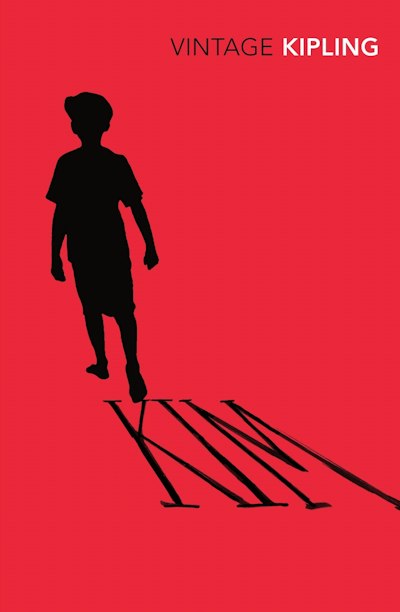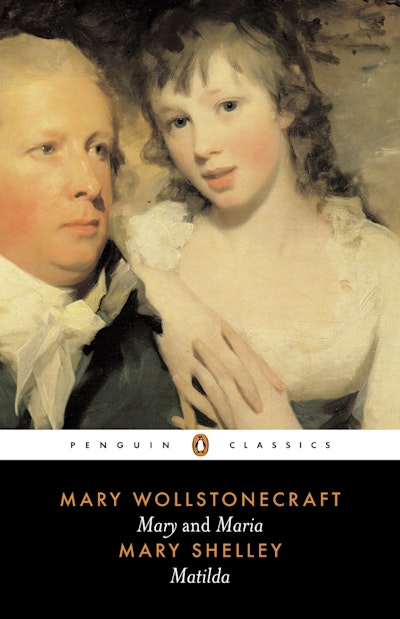- Published: 13 January 2014
- ISBN: 9780141192109
- Imprint: Penguin Classics
- Format: Paperback
- Pages: 224
- RRP: $26.99
Essays in Idleness
and Hojoki
New to Penguin Classics, these two Japanese texts are timeless reflections on Buddhism, nature and the value of being idle
These two works on life's fleeting pleasures are by Buddhist monks from medieval Japan, but each shows a different world-view. In the short memoir Hôjôki, Chômei recounts his decision to withdraw from worldly affairs and live as a hermit in a tiny hut in the mountains, contemplating the impermanence of human existence. Kenko, however, displays a fascination with more earthy matters in his collection of anecdotes, advice and observations. From ribald stories of drunken monks to aching nostalgia for the fading traditions of the Japanese court, Essays in Idleness is a constantly surprising work that ranges across the spectrum of human experience.
- Published: 13 January 2014
- ISBN: 9780141192109
- Imprint: Penguin Classics
- Format: Paperback
- Pages: 224
- RRP: $26.99
Other books in the series
About the authors
Chomei (1155–1216), born into a family of Shinto priests, became an important poet, and at the age of fifty withdrew from the world to become a tonsured monk.
Kenko was a monk and a noted calligrapher, remembered today for his wise and witty aphorisms.
Related titles
Praise for Essays in Idleness
[Essays in Idleness is] a most delightful book, and one that has served as a model of Japanese style and taste since the 17th century. These cameo-like vignettes reflect the importance of the little, fleeting futile things, and each essay is Kenko himself
Asian Student






















































































































































































































































































































































































































































































































































































































































































































































































































